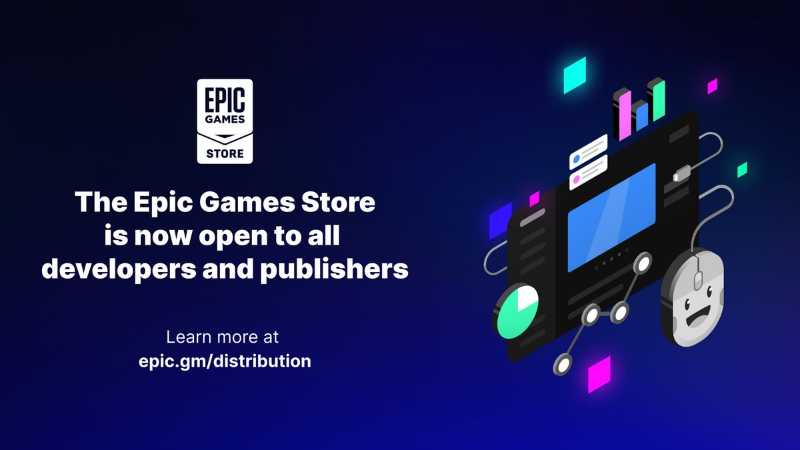
Epic Games announced Thursday that it would allow developers to self-publish games on the platform, speeding up the storefront’s lengthy curation process.
Developers and publishers can upload their games through the storefront’s new developer website, dev.epicgames.com. However, they must pay a $100 submission fee for each published game and file out payout and tax details.
The storefront’s self-service publishing portal offers customizable preview webpages, ratings, build tests and other essential tools in game development. Once publishers have fulfilled the necessary steps, they can send their game for a brief content and requirement review before launching.
Publishers keep 88 percent of the revenue through Epic’s payment options, though they may be entitled to 100 percent of sales when using third-party payment systems.
The storefront’s new self-publishing feature is another step towards competing with its longtime rival, Steam. Epic CEO Tim Sweeney told the media that Steam’s publishing option, Steamworks, has “created a real problem for the industry.”
“They have a classic lock-in strategy where they build these services that only work with their store, and they use the fact that they have the majority market share in order to encourage everybody to ship games that have a broken experience in other stores,” Sweeney said.
In comparison to Steamworks, Epic’s self-publishing service supports play across various platforms. Epic uses the same technology it implemented for its flagship game, Fortnite, to encourage broader reach and more play on different mediums.
Epic’s requirements
When comparing the self-publishing processes to its rival, Epic’s storefront has a few notable requirements that Steamworks doesn’t feature. Both storefronts charge an upfront $100 fee for publishing games, but Epic also prohibits games from featuring “pornographic” elements.
Steam has allowed adult games on its platform since 2018, with some of its more popular titles being hentai games or sexual simulators. However, the platform prohibits “sexually explicit images of real people,” a policy that has been difficult to enforce due to the flexible nature of games.
However, Sweeney made it clear in 2019 that the Epic Games Store has no intention of distributing pornographic games. Unlike the neutrality of its competitor, Sweeney emphasized the need for the Epic Games Store to prioritize “high-quality experiences.”
“We’re not going to accept pornographic or shock content of any kind. We’re not in the porn business here. PC is an open platform, and those devs can reach gamers in any other way they want,” Sweeney said.
Beyond content moderation, the storefront requires developers and publishers to allow crossplay with other storefronts.
Epic has provided its Epic Online Services to support crossplay multiplayer experiences, though it also allows developers to use whatever multiplayer launcher they deem fit. By contrast, Steamworks’ multiplayer launcher only functions for Steam-bought games.
Increasing content and quality
With the storefront hosting over 68 million monthly active users, Epic’s newest task in cementing its place in the industry is filling its library.
Epic is famous for its generous revenue split for third-party developers, encouraging numerous game studios to flock to the platform. It also bought exclusivity deals with famous titles like Saints Row and Rocket League, attracting players from other competitive stores.
Despite its newfound popularity, the platform still needs to improve its game quantity. Its library hosted 1,548 games in 2022, significantly fewer than Steam’s massive 10,963 titles in the same year.
With the opening of the self-service publishing feature, the Epic team hopes to increase the size of their library while retaining the quality players have come to expect from the platform.
